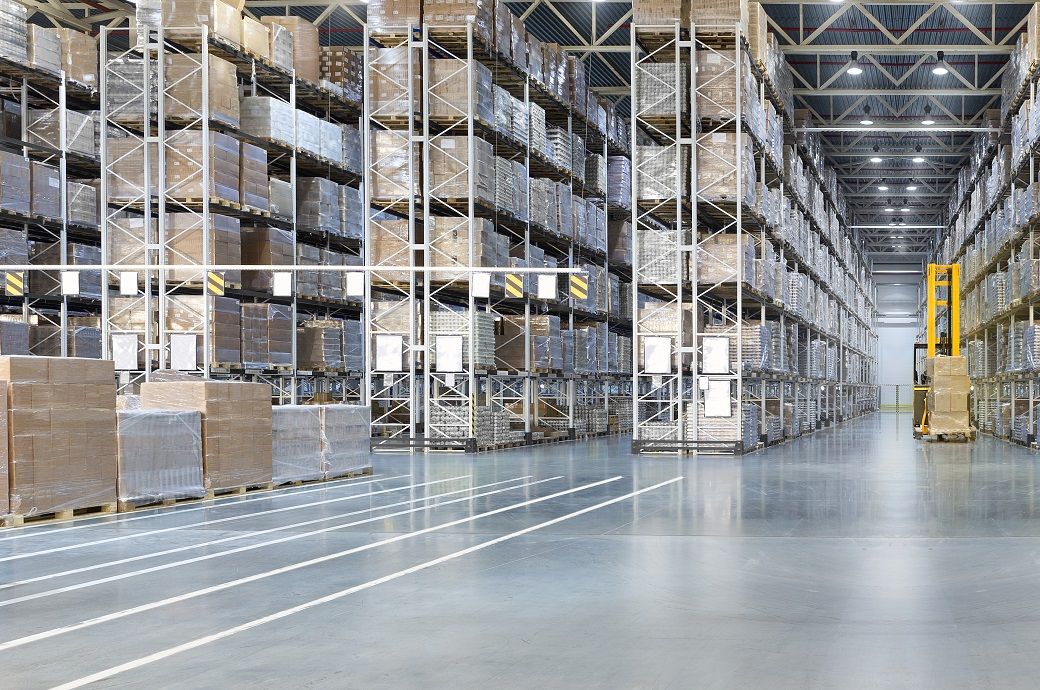UK’s logistics activity index to remain steady in 2024: Report

UK's overall logistics activity index is expected to be relatively unchanged in 2024 compared to 2023, according to a new report by Logistics UK. While road freight is projected to remain the same, warehouse-road activity is expected to decline slightly. However, rail freight sentiment suggests robust growth.
Sea freight shows a significant projected improvement from 48.7 to 55.4, moving from a negative to a positive sentiment, and air freight is forecast to see a dramatic rise from 28.3 to 64.6, indicating a substantial recovery.
Looking beyond UK borders, the UK is deeply integrated into the global market, with significant ties to major economies. Imports of goods and services slightly decreased by GBP0.1 billion to GBP895.6 billion (approximately £1.1 trillion), while exports of goods and services rose significantly by GBP36.8 billion (4.6 per cent) to GBP842.6 billion (approximately £1.06 trillion). This resulted in a trade deficit (excluding precious metals) of GBP53 billion (approximately £67.16 billion), narrowing by GBP36.7 billion compared to the previous year.
When adjusted for inflation, imports declined by GBP6.5 billion to GBP741.5 billion, and exports grew by GBP3.9 billion to GBP690.8 billion.
About 38 per cent of respondents to Logistics UK's Industry Survey anticipate economic improvement for 2024 compared to 2023. However, this year has been one of consolidation rather than a shift towards growth, as per Logistics Report 2024.
"It is clear that our industry is still operating in challenging conditions, but the report paints a picture of a sector which is consolidating and taking steps to prepare so it can exploit the opportunities that will present themselves when the overall economy improves. The GBP185 billion GVA contribution which our sector made in 2022 is in line with the 2021 figure of GBP160.2 billion when other factors are taken into account, so it is too soon to say the economy is returning to growth," said Logistics UK chief executive, David Wells OBE.
Global maritime trade volumes decreased by 0.4 per cent in 2022 but are estimated to have recovered by 2.4 per cent in 2023 and maintain a growth rate of 3 to 4 per cent in 2024 and 2025.
Air freight activity sentiment for exports and imports across various regions showed a significant positive shift between 2023 and 2024. Some temporary port congestion is expected when the Red Sea crisis ends, as ships passing via the Cape coincide with those again passing via the Suez Canal in arriving into Northern Europe.
The current economic landscape is likely to influence demand for haulage, distribution, and just-in-time deliveries. As staff shortages stabilise, logistics firms are focusing on employee retention and are increasingly able to handle more operations in-house.
Rates for road, rail, sea, air, and warehouses are expected to increase slightly in 2024 compared to 2023. Air freight demand is expected to increase by 4.5 per cent in 2024, yet pressure on rates is expected to reduce revenues by around 17.3 per cent year-on-year.
In terms of progress around decarbonisation, greenhouse gas emissions are falling. Overall, domestic transport emitted 111.6 MtCO2e in 2023, a decrease of 1.4 per cent compared to 2022.
This is the first-time domestic transport emissions have fallen since 2020. Despite this drop, transport remains the largest source of UK greenhouse gas emissions, primarily due to the use of petrol and diesel in road vehicles, specifically passenger cars. High costs for low carbon fuels, insufficient infrastructure for electrification, and patchwork regulations remain key barriers to decarbonising freight.
Of respondents to the Logistics Industry Survey, 62.9 per cent plan to invest the same in alternative fuels in 2024 as last year, and 28.8 per cent plan to invest more.
Looking ahead, respondents were asked for their priorities for the government, with more than half stating they wanted a cut in fuel duty.
Logistics UK has long argued that keeping fuel duty down is important for enabling businesses to invest, including in decarbonisation.
Other suggestions for government include reducing bureaucracy and improving infrastructure, regulations, and support services.
Fibre2Fashion News Desk (DP)